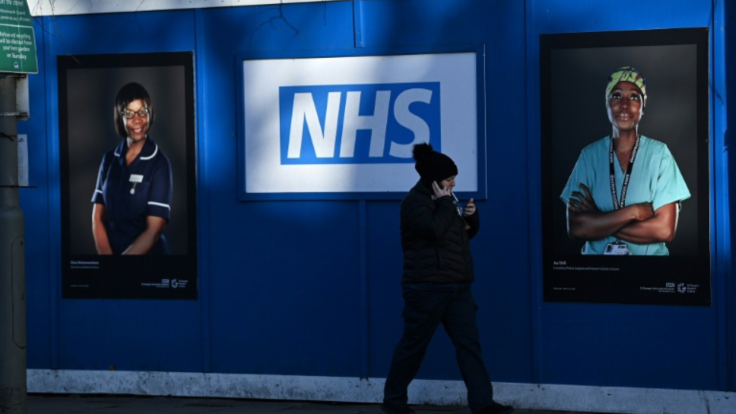NHS to Offer FREE Morning-After Pills at 10,000 Pharmacies in Biggest Reproductive Health Shake-Up
NHS expands free contraception access via pharmacies to improve timely care and reduce health inequalities.

The National Health Service (NHS) has announced that the morning-after pill is now freely available at nearly 10,000 pharmacies across England, marking one of the most significant expansions of reproductive healthcare access in recent decades. The change, which took effect this week, removes previous cost barriers that could see women paying up to £30 depending on their postcode. This long-standing issue has been criticised for perpetuating inequality in access to emergency contraception.
A Major Policy Shift
Under the new policy, anyone in need of emergency contraception can walk into a participating pharmacy and receive the pill immediately after a brief consultation—no GP appointment required. NHS officials emphasise that this shift is critical because the effectiveness of emergency contraception diminishes rapidly with time. Previously, delays caused by waiting for appointments or facing charges meant many women could not access the pill quickly enough, risking unplanned pregnancies.
Impact on Unplanned Pregnancies
Health experts believe that this move could significantly reduce unplanned pregnancies in England. According to the British Pregnancy Advisory Service (BPAS), nearly 45% of pregnancies in the UK are unplanned or ambivalent. Furthermore, over a third of women seeking abortions in England and Wales report difficulties accessing contraception through the NHS, citing factors such as cost, appointment delays, and pharmacy refusals.
Research indicates that unplanned pregnancies are associated with higher maternal mental health risks and tend to lead to poorer outcomes for children, including increased poverty and lower educational attainment later in life. By removing financial and logistical barriers, the NHS aims to address these inequalities and improve reproductive health outcomes.
Public Health and Economic Rationale
NHS officials state that the decision is not only about reproductive freedom but also about public health and economic sustainability. Addressing unplanned pregnancies early can help reduce long-term pressures on maternity services, early years support, and social care systems. Between 2013 and 2020, the NHS spent an estimated £662 million annually on unintended pregnancies, covering hospital admissions and follow-up services.
The policy also seeks to tackle the persistent postcode lottery in access to contraception. Many regions, especially rural and coastal communities, have seen sexual health clinics close amid funding pressures, while GPs report reduced capacity for same-day appointments. With four in five people living within a 20-minute walk of a pharmacy in England, the move leverages existing infrastructure to provide immediate care.
Pharmacists' Perspectives and Challenges
While some pharmacists have expressed concerns regarding capacity—many are already stretched due to staff shortages and increased demand—the pharmacy sector broadly welcomes the initiative. The Royal Pharmaceutical Society praised the move, stating it would 'normalise reproductive healthcare' and treat emergency contraception as a routine service, rather than stigmatised.
Advocacy and Social Justice
Campaigners have long argued that charging for emergency contraception disproportionately affects young women, low-income households, and victims of reproductive coercion. Making the pill free at the point of access aligns contraception with other medically necessary treatments and recognises that unintended pregnancies have social consequences extending beyond individual choice.
Broader NHS Strategy
This reform forms part of the NHS's broader strategy to expand pharmacy-based services and bring healthcare directly into communities. Alongside this, there are plans to roll out pharmacy access to routine contraception and monitoring for new antidepressant prescriptions.
By removing both financial and logistical barriers, the NHS aims to reduce unplanned pregnancy rates, protect women's health, and alleviate long-term pressures on public services. This policy shift marks a significant transformation in how emergency contraception is delivered—one that supporters believe could improve reproductive healthcare outcomes across England.
© Copyright IBTimes 2025. All rights reserved.




















